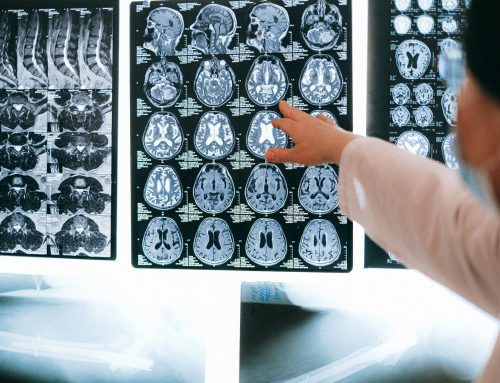Consider this scenario: You’ve noticed for a while that your child is not learning the way others do. It takes them longer to do homework and they can’t seem to grasp certain educational concepts. Their grades are suffering and you’ve been wondering if maybe there was an underlying reason for your child’s struggles. You pursue an educational evaluation, and the results show that your child does in fact have a learning disorder or ADHD. How do you tell them? Should you tell them?
I try to refrain from giving treatment advice in this blog, but I wanted to address this question because it’s something I’ve seen come up many times in clinical practice. Many parents are justifiably concerned about their children and that’s why they have brought them to educational testing. In the vast majority of children and teens I’ve worked with, their academic struggles were in fact the result of an undiagnosed learning disorder or ADHD (with the occasional mental health issue interfering). However, some parents are hesitant to share this information with their child.
The most common concern I hear is a fear that the child will use this new diagnosis as a “crutch” to avoid having to work hard or will use it to explain away poor performances. Instead, I would encourage parents to think about the alternative. Children are smart, and they recognize when they are different than their peers. When they have to work harder than their peers, but have no explanation for it, children begin to develop negative beliefs about themselves. They may feel they’re “stupid” or incapable of the work, internalizing these feelings and lowering their self-esteem. To know that there is an actual, biological reason for their struggles can be really validating and positive for them. Just confirming a diagnosis does not mean your child will no longer have to work harder than their peers; school will still be a challenge. The difference is that they will understand themselves better.
Some parents hesitate to request accommodations for their child, again feeling like this would prevent their child from having to do the work as intended and would hurt them in their future jobs where they may not have the same modifications. In this way, I encourage parents to think about a learning disorder or ADHD in the same way as other medical conditions or impairments. If, instead of dyslexia, the child had trouble seeing far away and an eye exam confirmed vision deficits, would you refrain from getting glasses? Would there still be the same belief that glasses are a crutch and the child needs to learn how to squint and see just like other students? Conversely, failing to provide access to accommodations can lead to poor grades and poor self-image, both of which can impact your child’s college admission chances and future success.






